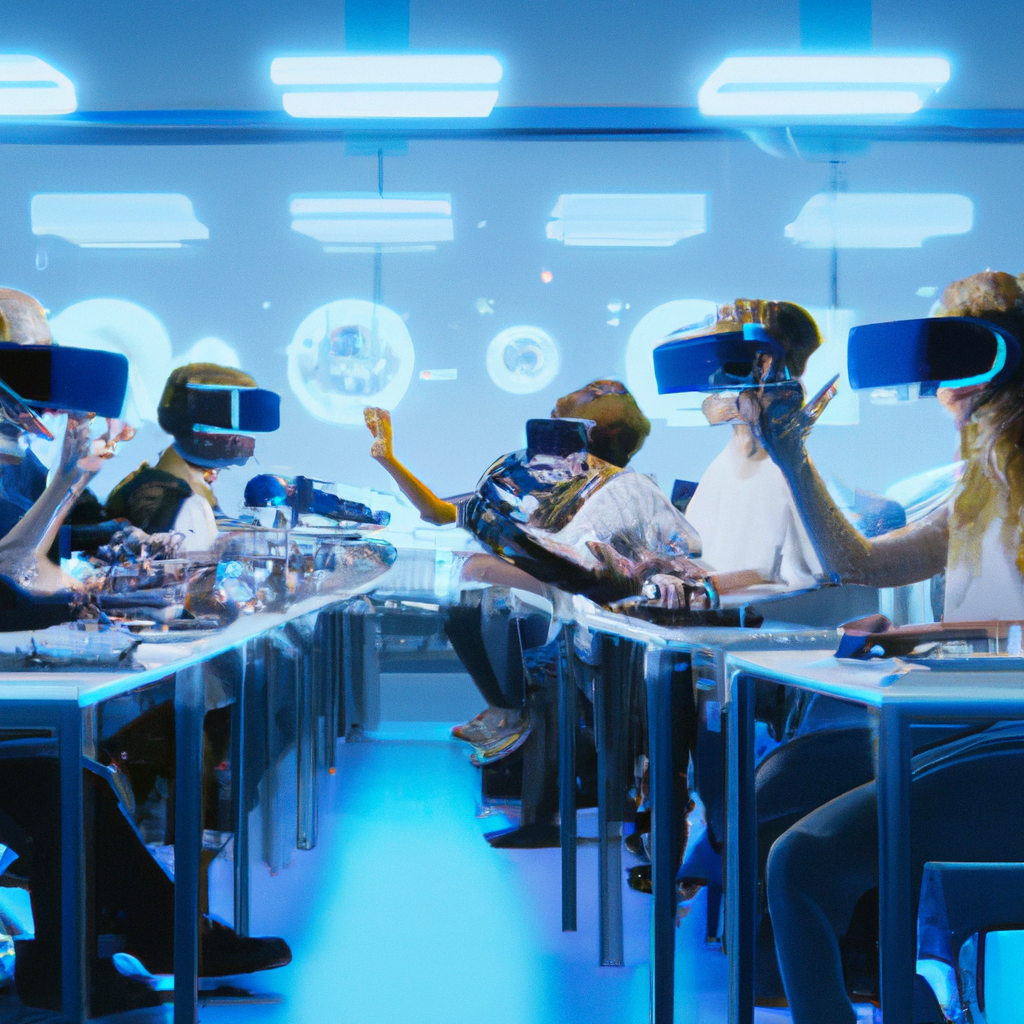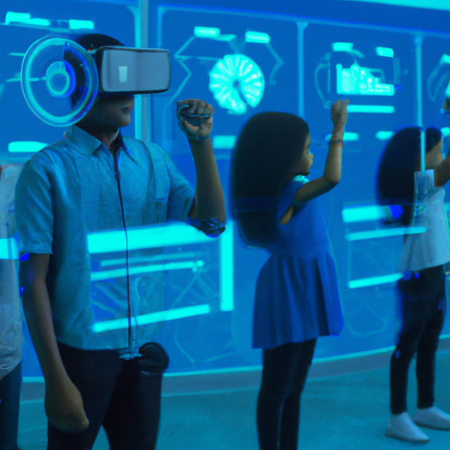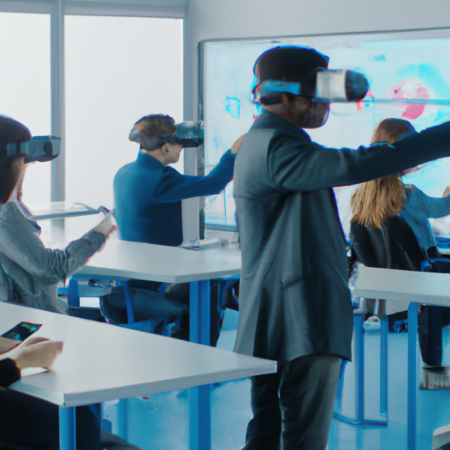Revolutionizing Education: How AI and VR are Transforming Learning in 2025
As we navigate through the second quarter of 2025, the landscape of education continues to evolve with groundbreaking integrations of Artificial Intelligence (AI) and Virtual Reality (VR). These technologies are not just enhancing traditional learning methods but are paving the way for a more immersive and personalized educational experience.
The Role of AI in Personalized Learning
AI’s impact on education is profound, tailoring learning experiences to meet individual student needs. Adaptive learning platforms powered by AI analyze a student’s performance in real-time, adjusting the curriculum to suit their learning pace and style. This personalization ensures that no student is left behind, making education more inclusive.
Virtual Reality: Bringing Lessons to Life
VR takes learning beyond the classroom walls, offering students the opportunity to immerse themselves in historical events, complex scientific concepts, and more. This not only boosts engagement but also helps in retaining information by experiencing subjects in a more contextual and interactive way.
Combining AI and VR for Experiential Learning
In 2025, we see an increasing number of institutions combining AI and VR to create experiential learning environments. These are designed to simulate real-life scenarios or abstract concepts, providing hands-on experience and fostering deeper understanding.
The Challenges and Future Prospects
Despite the benefits, the integration of AI and VR in education comes with challenges such as high costs and the need for robust digital infrastructure. However, ongoing advancements and decreasing costs of technology predict a more widespread adoption in the coming years.
As we look to the future, the potential for AI and VR in education is limitless. They are set to revolutionize learning, making it more engaging, effective, and accessible to all.






